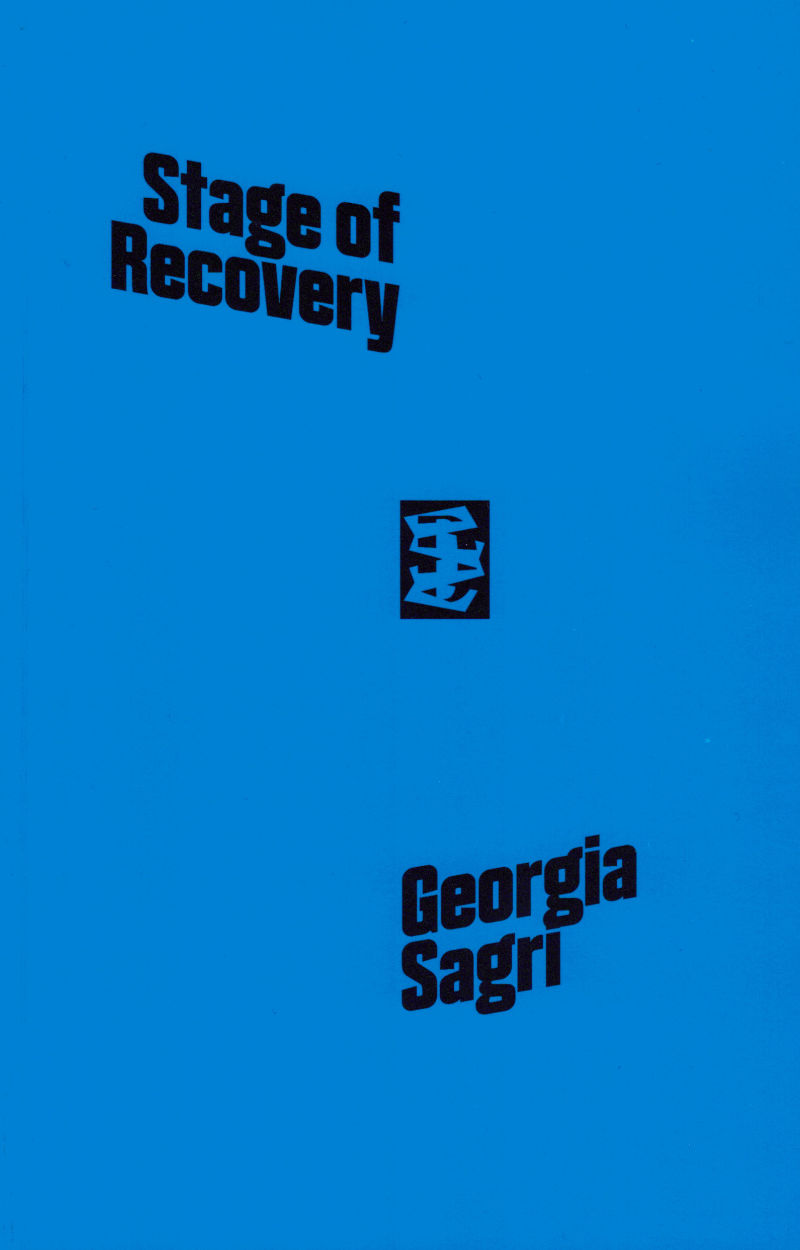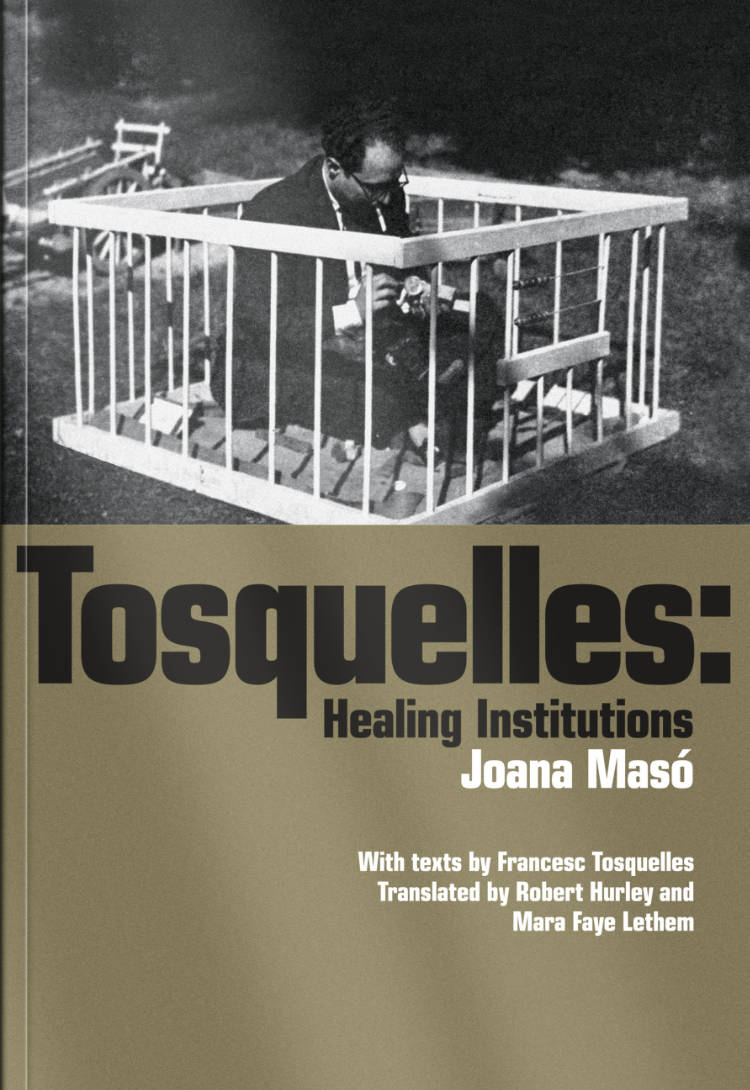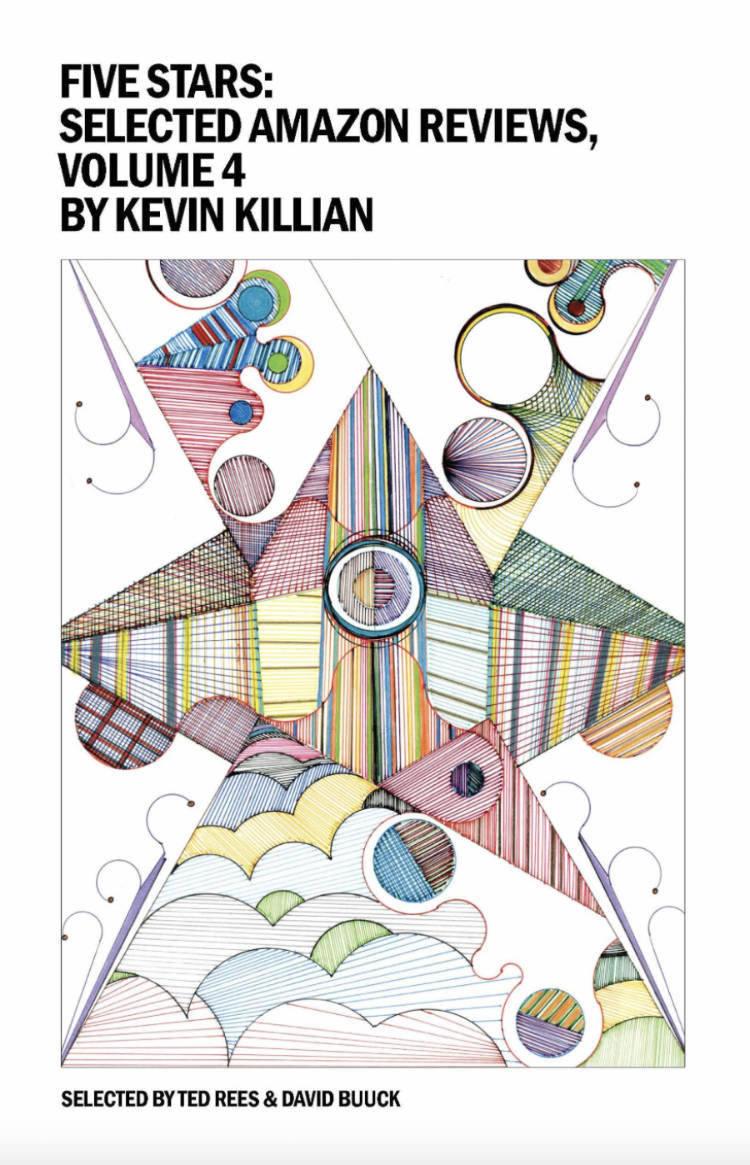
Stage of Recovery
Close to spiritual anarchism, Georgia Sagri’s writing happens in the heat of negotiation. Starting in the months leading up to the occupation of Zuccotti Park in 2011, which became the movement for people’s self-governance known as Occupy, this book carries the energy and commitment of open struggle, direct address, self-organisation and public assembly. It is a critique of representation and its implicit oblivion, told through a decade of artistic and activist practice. The writing is a mode of recovery, it is pre-content shared to encourage open processes in art, thinking and action.
Georgia Sagri (born Athens, 1979) lives and works in Athens and New York. Her practice is influenced by her ongoing engagement in political movements and struggles on issues of autonomy, empowerment and self-organisation. From 1997 to 2001 she was a member of Void Network, a cultural, political and philosophical collective operating in Athens. In 2011 she was one of the main organisers of the Occupy Wall Street movement in New York. Since 2013 she has been a member of the assembly of the Embros Theatre Occupation, and in 2014 she initiated Ύλη[matter]HYLE, a semi-public cultural space in the heart of Athens. She is professor of performance at the Athens School of Fine Arts.
Language: English







